Finishing Winter Preparations
For us, winter can be very demanding. We can have deep snows- which make their own challenges, or heavy icing- which can bring down trees and cause power outages. With a long driveway and a dead end, rural road with few houses, we are usually the last homes to be serviced by the Town Highway crews and low on the list of Electric Power Company service branches that will be prioritized in an outage (each branch of electric power on the grid tends to be ranked by the number of homes (customers) and critical accounts (e.g.- medical care). We are very low on the list.
So being prepared to be comfortably isolated from outside help in the short term is a good plan. Here is a brief list of general preparations for winter that will make an isolation of a few days more comfortable. You can refer to some of our earlier blog posts for more detailed discussions.
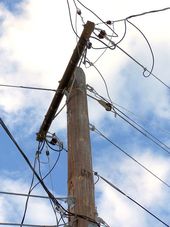
Let’s face it. We would not have led off with this 20 years ago! But today many of us do not even have a landline! Think about it. In the past ancient history (we are dating ourselves), the single most miraculous thing in a massive power outage that would work- when everything else in our lives failed, was the landline! When all the lights went out, when nothing worked, no water, no heat, nothing past the last flush, only the dial tone on the hard-wired handset was there! We could still call for help- or friends and family, to see if they were out as well, as we stood in the dark. For many young people today, that is miraculous.
Unfortunately today, landlines have been stripped out of communities or people have voluntarily chosen cell service over hard-wired land lines. As a result, large power outages that also take out cell towers, also take out everyone that no longer has copper wired landlines. Something similar happened not so long ago. We heard that people had to charge their cell phones in their cars, when Hurricane Sandy left New York City and much of the region’s coastlines without power. So what should we be doing?
You might think twice about giving up your landline. It will work when all the other electric power has failed (the telephone company generates its own power over their lines). But you might not have a choice in your area. It might be taken away and the only option is a battery-backed up solution (which may last for 5 minutes after the power fails). So what to do if you have no other options?
Have your own power in place. If your power fails, it is probably best to wait about 30 minutes to see if the power is restored. If not, then start to protect yourself and your house.
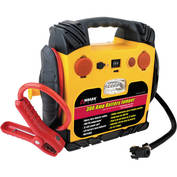
- Keep a fully charged automotive ‘jump start’ pack (with jumper cables attached, to start a dead car), that also has USB ports for charging devices. It will keep your cell phones charged and run your laptop for enough time to get help or go online to register your outage or emergency with the utility companies (keep these numbers/websites on your cell phone and laptop/tablet). Most sites these days will generally also provide expected power restoration times and outage details. You may lose your cell towers and local internet, but at least you may be able to drive to a location to get cell connectivity.
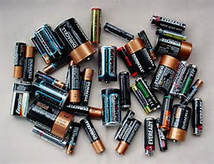
- Keep enough AA, AAA, 9v, C, D batteries, that are fresh, for your devices on hand. The most common mistake most people make is to load these emergency devices (e.g.- small radio, room lighting) with batteries and then store them for an emergency- expecting to run to the drawer/closet and pull them out and be safe. Don’t! Just store the batteries in their packaging with the items. After months- or even years, sitting unused in a device, batteries will leak acid, ruining the device and making it useless. When you pull your emergency devices out, they will be ruined and inoperable. Most alkaline batteries sold today claim a shelf life of 7+ years. That is stored in the packaging, not stored in the device! So keep them separate, but together, so you can easily combine them to do their jobs.
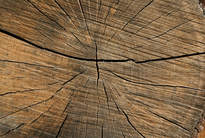
- Add WP additive to the fuel to prevent congealing if you are using oil heat. It will keep the fuel from gumming up and clogging the fuel injectors of the furnace in really cold weather. Ask your fuel company to add it when they routinely fill your tanks. It is only a couple dollars per bottle.
Woodstoves:
- Keep a supply of well cracked, dry wood for just such an event. If you only use your wood stove or fireplace occasionally, having darkness and wet wood to make a fire will be disastrously cold! You will spend your batteries to make light and matches trying to make a fire to stay warm! Trying to stave off frozen water pipes and stay warm, will only add to your discomfort and may mean frozen plumbing once your heat returns. Trying to start a fire in a disused fireplace or wood stove is beyond frustrating and dangerous. Having tinder and dry wood in place will allow you to get some heat and comfort, but you have to know that it will be safe to make a fire in that space.
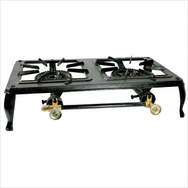
- If you have a generator, a microwave is an easy meal solution. If not, have a two burner propane powered cooking appliance. You can store it in the bottom of a closet. It can be a Coleman style camping stove or a 2 burner set that hooks to a 20 lb. propane tank with a 6 ft. hose (you can simply take the one from your BBQ grill in an emergency).This way you can make coffee and a simple meal. *****MAKE SURE YOU HAVE ADEQUATE VENTILATION! If you normally use a gas stove, placing it on your stove top should be fine. (One winter my husband pulled our backyard grill to the front door and we made our meals outside the front door on the grill until our road was cleared and power restored).
- Do not open the refrigerator more than necessary! Food will generally remain fresh for several days in an unopened, unpowered refrigerator. So depending on how warm your kitchen is kept during the outage, you’ll generally be raising the internal temperature and spoilage every time you open it.
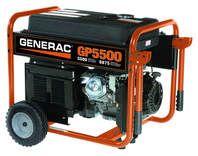
- **** A word of caution about using any portable gasoline powered generator to power your home electricity, they produce carbon monoxide gas which will be fatal to everyone in the house if used indoors!!! Use them ONLY outside AND in such a location as to ensure that the exhaust fumes are NOT being DRAFTED back into the home! THIS IS CRITICALLY IMPORTANT! People have set generators on decks outside the house but drafting has pulled carbon monoxide into the house and caused fatalities!
- Having understood and read all the included warnings that come with these machines, you can use them to protect your home and make the outage more comfortable.
- If you generally expect very limited outages and don’t need much power, then a small, under 1000 watt generator, which may run enough power for your electronics, a microwave and a radio, will be fine. You’ll need to be able to run extension cords from the generator running outside your house to the appliances running inside your house. If you’ll need more power for a normal house for a family of five, then a generator in the range of 4-5000 watts for basic needs would be needed. Running extension cords from most of these units will be limited to 2-3 cords at best, so practicality you will be severely limited as the generators don’t give enough plug outlets! The easiest, safest and most practical solution is a generation transfer switch. In a power outage, it allows a home- after it has fallen off of the electricity grid, to generate its own power from a portable generator.
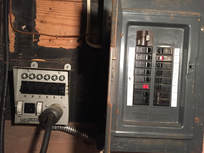
- A GENERATOR TRANSFER SWITCH needs to be installed by an electrician, but is a convenient elegant solution if you frequently lose power. It is installed next to your home's electric service panel and wired directly to 6 or more of your homes existing circuits. You choose which circuits already power your critical needs in an outage (For us we chose 6 circuits that power our furnace, well pump, refrigerator/freezer, lights on each floor, microwave, electric stove and selected outlets). A heavy duty cable and outlet are installed to the outside of the house to the location of the generator.
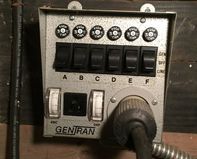
- If you lose power, you simply plug your house directly to the generator with a heavy duty pre-made cable and you are done! You can live relatively normally, no extension cords, normal house operations, no frozen pipes. Tip- leave a light switched on that is NOT on a generator fed circuit. When the Power Company restores their service. it will turn back on, alerting you that the power has been restored, and that you can switch everything back to normal operation. The power companies greatly appreciate these switches as they isolate the power you are generating from the grid, potentially saving many lines men's lives.
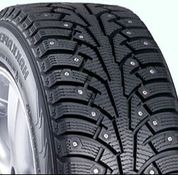
- Have a full tank of gas in your car. Yes it seems really stupid, but in Sandy many people couldn’t get out and also couldn’t help neighbors. Getting caught with an empty tank made you a victim and unable to help others.
- Have your winter tires mounted, you may be able to help others.
- We have a long and icy driveway and need studded snow tires, otherwise we do not make it to the public road.
- If you have a truck with a snow plow, have its studded snow tires mounted. Park it nose downhill.
Small Engines:
- Finally, nothing is more disheartening in an emergency than getting your chainsaw, snowblower, generator, etc. out and it won't start- and won't no matter how long you try! Usually it is because the gas in the tank has gone bad (yes gas spoils in as little as a few months) and created varnishes that clog the carburetor.
- Always adding gas stabilizer every time you buy gas helps a great deal, but most people will put the tool away in March and may not use it again util the power fails 9 or 10 months later, and by then it probably has gone bad anyway. Proper storage is best by running the engine dry before storing. You can use a turkey baster to remove most of the fuel.
- If this isn't practical, then buy and apply a 'Fix-It' fuel (sometimes called a 'mechanic-in-a-bottle). Home Depot carries a can that will treat two small engines for about $9.99. It is an ethanol free treatment that will clean out varnishes, injectors, clean seals and top end lubrication. This way, you are more likely to have working engines when you need them most!
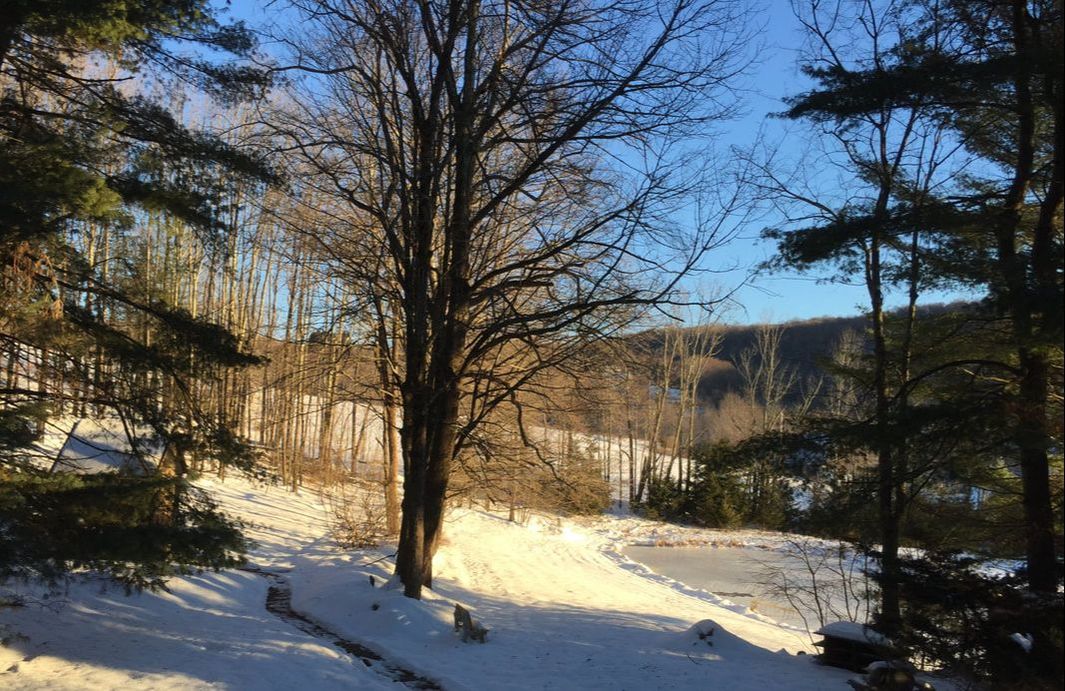
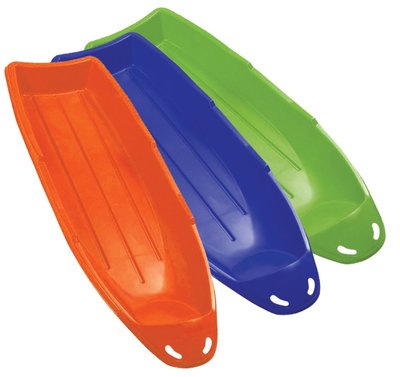
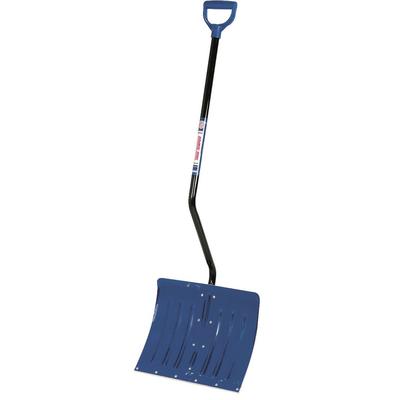
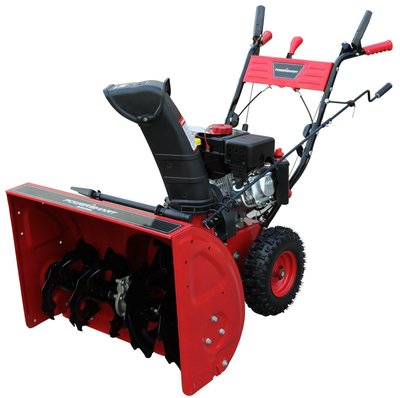
 RSS Feed
RSS Feed